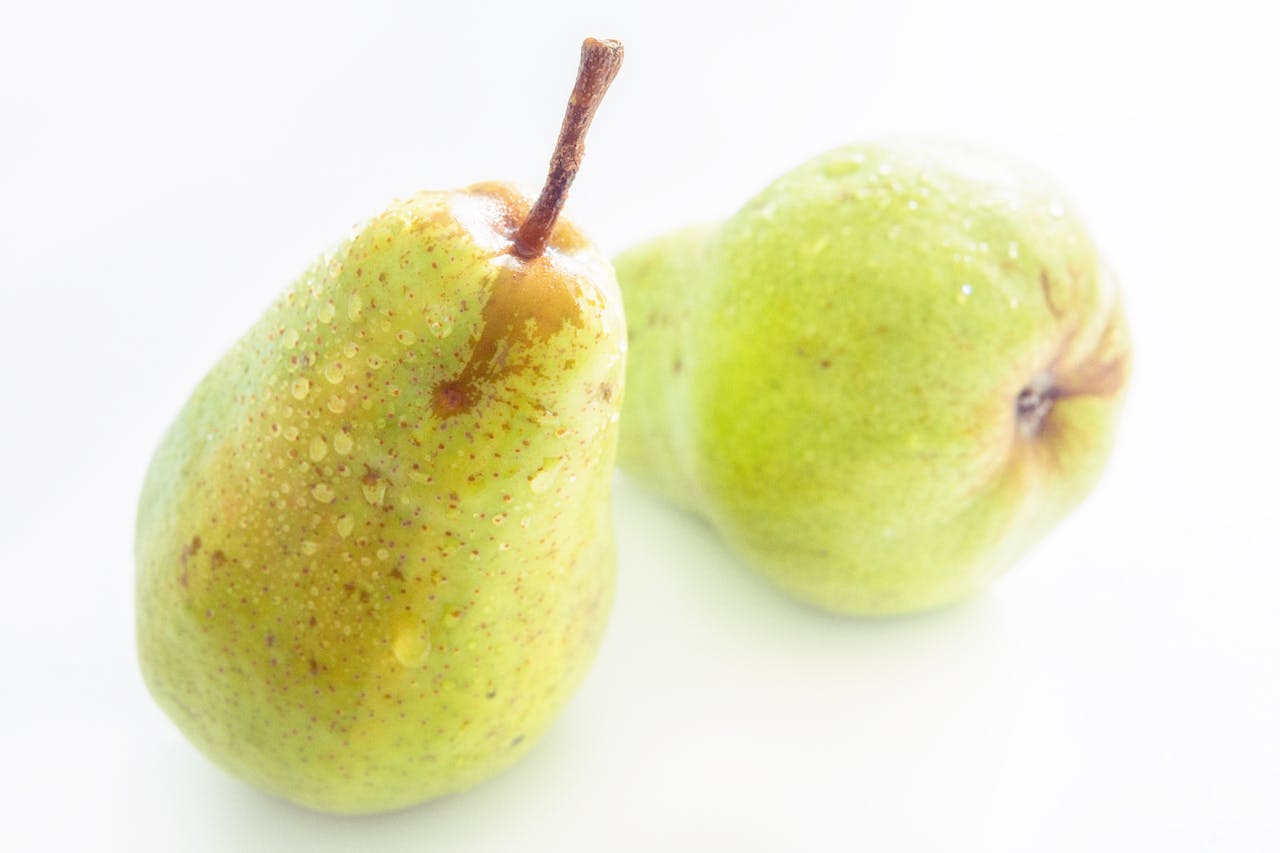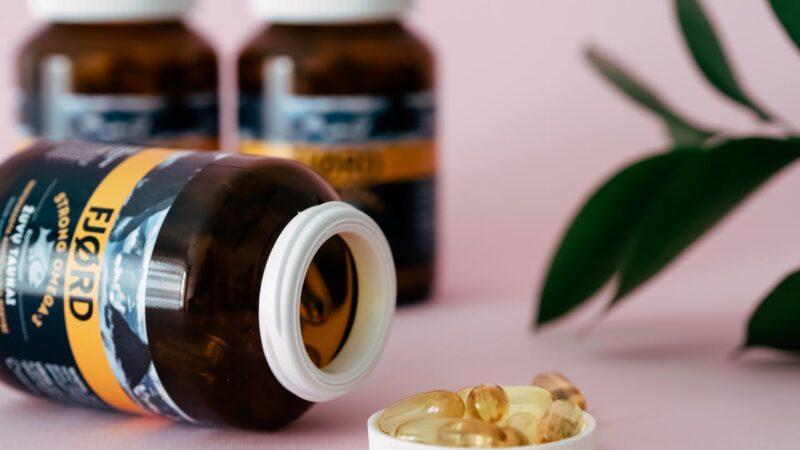Why Adding Pears to Your Diet Might Lower Your Cancer Risk

While you cannot completely eliminate the risk of being diagnosed with cancer due to its genetic component, adopting a balanced diet rich in whole foods and low in processed items can significantly enhance your longevity. One fruit that stands out in this dietary strategy is the pear.
Nichole Andrews, a cancer dietitian from Washington, has urged her 178,700 TikTok followers to incorporate pears into their diets. Highlighting the bell-shaped fruit’s high fiber, antioxidant, and nutrient content, she emphasized its role in maintaining blood sugar levels. In a TikTok video that garnered 13,000 views this week, Andrews even named pears as her “favorite food for reducing cancer risk.” Here are some reasons to munch on this fleshy, delicious fruit daily.
High Fiber Content
A modest-sized pear contains approximately 6 grams of fiber, equating to 21% of the recommended daily intake. This amount surpasses the fiber content found in a cup of kale, according to EatingWell. Andrews highlights that dietary fiber supports healthy digestion and may reduce the risk of colorectal cancer. Fiber also slows the digestion of carbohydrates and sugar absorption, aiding in blood sugar regulation.
Lowers Blood Sugar
One study indicated that each weekly serving of pears is associated with a 3% lower risk of developing Type 2 diabetes. As reported by Real Simple last month, most of the pear’s fiber is in its skin, so consuming it unpeeled provides extra flavor, texture, and nutrients. This aspect is crucial for those looking to manage their blood sugar levels effectively.
May Lower Risk of Breast and Lung Cancer
A medium-sized pear contains around 8 milligrams of vitamin C. The Recommended Dietary Allowance (RDA) for vitamin C is 90 mg daily for men and 75 mg for women. Studies indicate that vitamin C might offer protection against breast and lung cancers. This antioxidant helps neutralize free radicals, which can damage cells and lead to cancer development.
Reduces Inflammation
Pears are also a good source of potassium, which can help lower high blood pressure, as well as anthocyanins, which may guard against heart disease, and flavonoids, known for their anti-inflammatory properties. Nichole Andrews adds that pears provide vitamin K, essential for blood clotting and maintaining healthy bones, and copper, which acts as an antioxidant to protect cells from damage.
Conclusion
Incorporating pears into your diet is a simple yet effective way to boost your nutrient intake and potentially lower your cancer risk. Their high fiber content supports digestive health and blood sugar regulation, while their vitamins and antioxidants offer protection against various cancers and inflammation. So, next time you’re at the grocery store, don’t forget to pick up some pears and enjoy the numerous health benefits they bring.
Q&A
Q: Why are pears considered beneficial for cancer risk reduction?
A: Pears are beneficial for cancer risk reduction due to their high fiber, antioxidant, and nutrient content. The fiber in pears supports healthy digestion and may lower the risk of colorectal cancer. Additionally, pears contain vitamin C, which has been linked to a reduced risk of breast and lung cancers. The antioxidants and anti-inflammatory properties of pears further contribute to overall health and may help protect against cancer.
Q: How does the fiber in pears benefit digestion and blood sugar levels?
A: Pears contain approximately 6 grams of fiber per serving, which supports healthy digestion by promoting regular bowel movements and reducing the risk of colorectal cancer. The fiber also slows down the digestion of carbohydrates and the absorption of sugars, which helps in regulating blood sugar levels and may lower the risk of Type 2 diabetes.
Q: Is there a specific part of the pear that is most beneficial?
A: Yes, the skin of the pear is particularly beneficial because it contains most of the fruit’s fiber. Consuming pears with the skin on provides extra flavor, texture, and nutrients, enhancing the fruit’s overall health benefits.
Q: What role does vitamin C in pears play in cancer prevention?
A: Vitamin C in pears plays a role in cancer prevention by acting as an antioxidant. It helps neutralize free radicals that can damage cells and potentially lead to cancer. A medium-sized pear provides around 8 milligrams of vitamin C, contributing to the daily intake recommended for reducing cancer risk.
Q: How do pears help with inflammation and heart health?
A: Pears contain potassium, which helps lower high blood pressure, and anthocyanins, which may guard against heart disease. They also have flavonoids known for their anti-inflammatory properties, which can help reduce inflammation and protect against various health conditions.
Q: How can incorporating pears into your diet contribute to overall health?
A: Incorporating pears into your diet can contribute to overall health by providing essential nutrients like fiber, vitamin C, potassium, and antioxidants. These components support digestion, blood sugar regulation, and may reduce the risk of certain cancers and heart disease. Pears also have anti-inflammatory properties that contribute to overall well-being.










